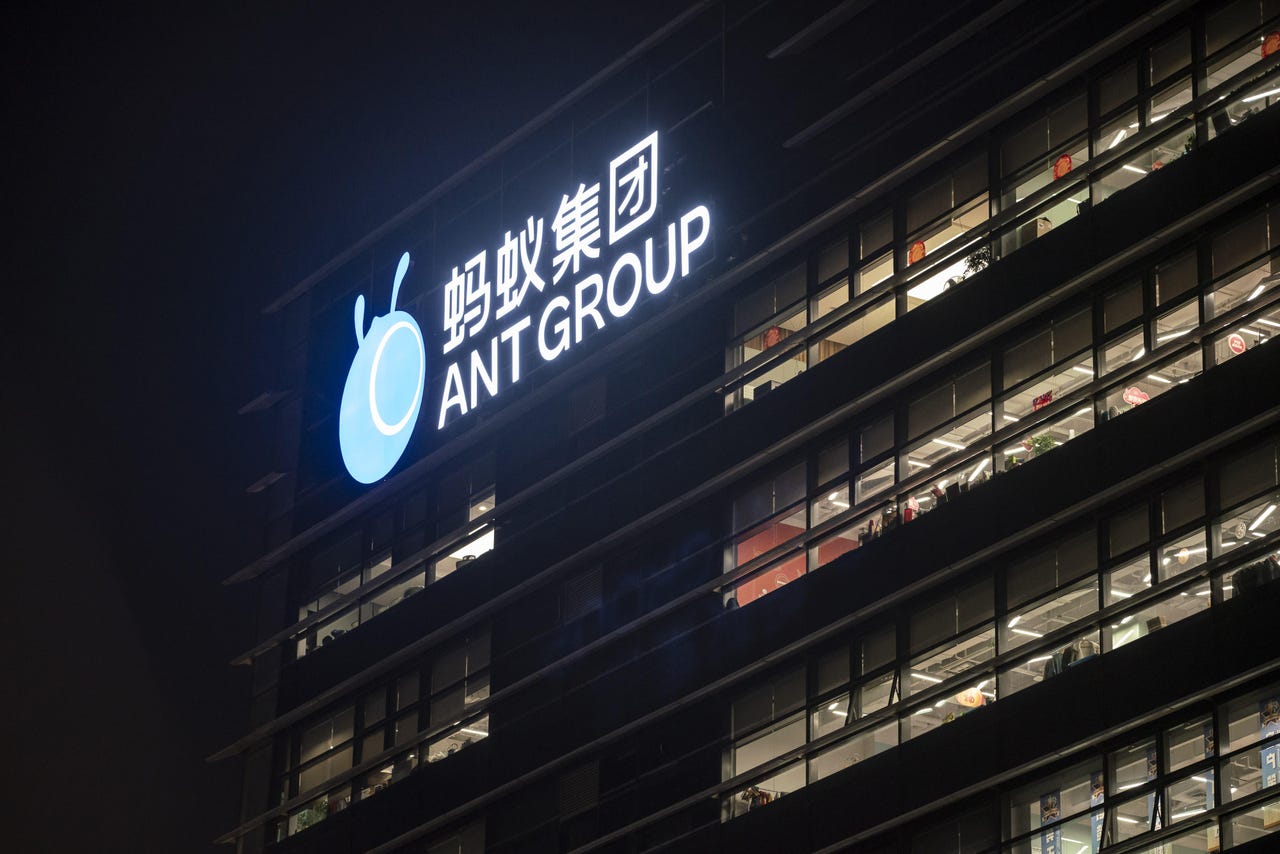Ant Group to become a financial holding company overseen by China's central bank


Ant Group will apply to become a financial holding company that is overseen by China's central bank as part of efforts to appease regulatory concerns over the way it conducts its online payments operations.
Pan Gongsheng, deputy governor of the People's Bank of China (PBOC), said in a statement that Ant representatives met with four of China's regulatory arms to address anti-monopoly concerns on Monday.
In the statement, he also revealed that Ant Group has been working with the agencies in recent months to formulate "rectification plans" aimed at resolving these concerns.
As part of the plan, Ant Group has agreed to apply to become a financial holding company that is supervised by the PBOC. It will also give consumers more payment method options and disconnect any "anti-competitive connections" between Alipay and other financial products, such as Huabei and Bibai, as part of the plan.
The formulation of the "rectification plan" follows the suspension of Ant Groups's initial public offerings (IPOs) in November. Ant had reportedly been on track to sell more than $34 billion worth of stock and dual-list onto stock exchanges in Hong Kong and Shanghai, until regulators put a pin in the listings due to Ant Group not meeting regulatory and disclosure requirements in light of "recent changes in the fintech environment".
China's decision to cancel the IPOs came shortly after Ant Group founder Jack Ma criticised the nation's financial regulators in a public speech.
Over the weekend, Chinese officials also fined Ma's other tech company, Alibaba, a record 18.2 billion yuan ($2.77 billion) for breaching China's antitrust regulations and "abusing market dominance".
China's State Administration for Market Regulation said in a statement on Saturday that Alibaba had been abusing its strong market position since 2015 to prevent merchants from using other online e-commerce platforms.
It said such practices impacted the free movement of goods and services, infringed on merchants' business interests, and breached the country's anti-monopoly laws. In addition to accepting China's biggest ever fine, Alibaba agreed to undertake "comprehensive rectifications" for its operations, including adopting fair competition practices, safeguarding merchants on its platforms, and boosting its internal controls.
Related Coverage
- Ant Group suspends Hong Kong and Shanghai IPOs following Chinese regulatory disapproval
- Alibaba slapped with record $2.7B antitrust fine
- Alibaba hit with anti-monopoly probe in China
- China's top court demands greater scrutiny to prevent monopolies
- Alibaba Q3 2020: Revenue tops $33 billion as retail climbs, cloud business moves to profit